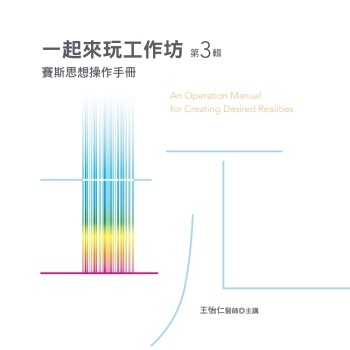Social capital is considered as one of the emerging and controversial fields in the interdisciplinary studies of sociology and economics. The state of the economic system, benefiting from health and well-being and having friendly relations with others are part of the basic elements needed that are effective in improving the quality of life. After the second world war, most development theories and theories that tried to provide a way to achieve economic development and move towards a welfare society, without considering the context of the society and how the human relations hidden in it affected the economic planning of the governments. While recent researches have shown that the way people interact with each other, the manner and extent of their participation in civil affairs and their common beliefs and values can have a significant effect in reducing time and economic and social costs. Therefore, the concept of social capital has been proposed, which includes institutions, relationships, attitudes and values that guide people’s interaction and make them participate in economic and social development.
| FindBook |
有 1 項符合
The Effect of Tourism Development on the Relationship的圖書 |
 |
The Effect of Tourism Development on the Relationship 作者:Bakhshandeh 出版社:Globeedit 出版日期:2023-05-05 語言:英文 規格:平裝 / 144頁 / 22.86 x 15.24 x 0.86 cm / 普通級/ 初版 |
| 圖書館借閱 |
| 國家圖書館 | 全國圖書書目資訊網 | 國立公共資訊圖書館 | 電子書服務平台 | MetaCat 跨館整合查詢 |
| 臺北市立圖書館 | 新北市立圖書館 | 基隆市公共圖書館 | 桃園市立圖書館 | 新竹縣公共圖書館 |
| 苗栗縣立圖書館 | 臺中市立圖書館 | 彰化縣公共圖書館 | 南投縣文化局 | 雲林縣公共圖書館 |
| 嘉義縣圖書館 | 臺南市立圖書館 | 高雄市立圖書館 | 屏東縣公共圖書館 | 宜蘭縣公共圖書館 |
| 花蓮縣文化局 | 臺東縣文化處 |
|
|
圖書介紹 - 資料來源:博客來 評分:
圖書名稱:The Effect of Tourism Development on the Relationship
|











